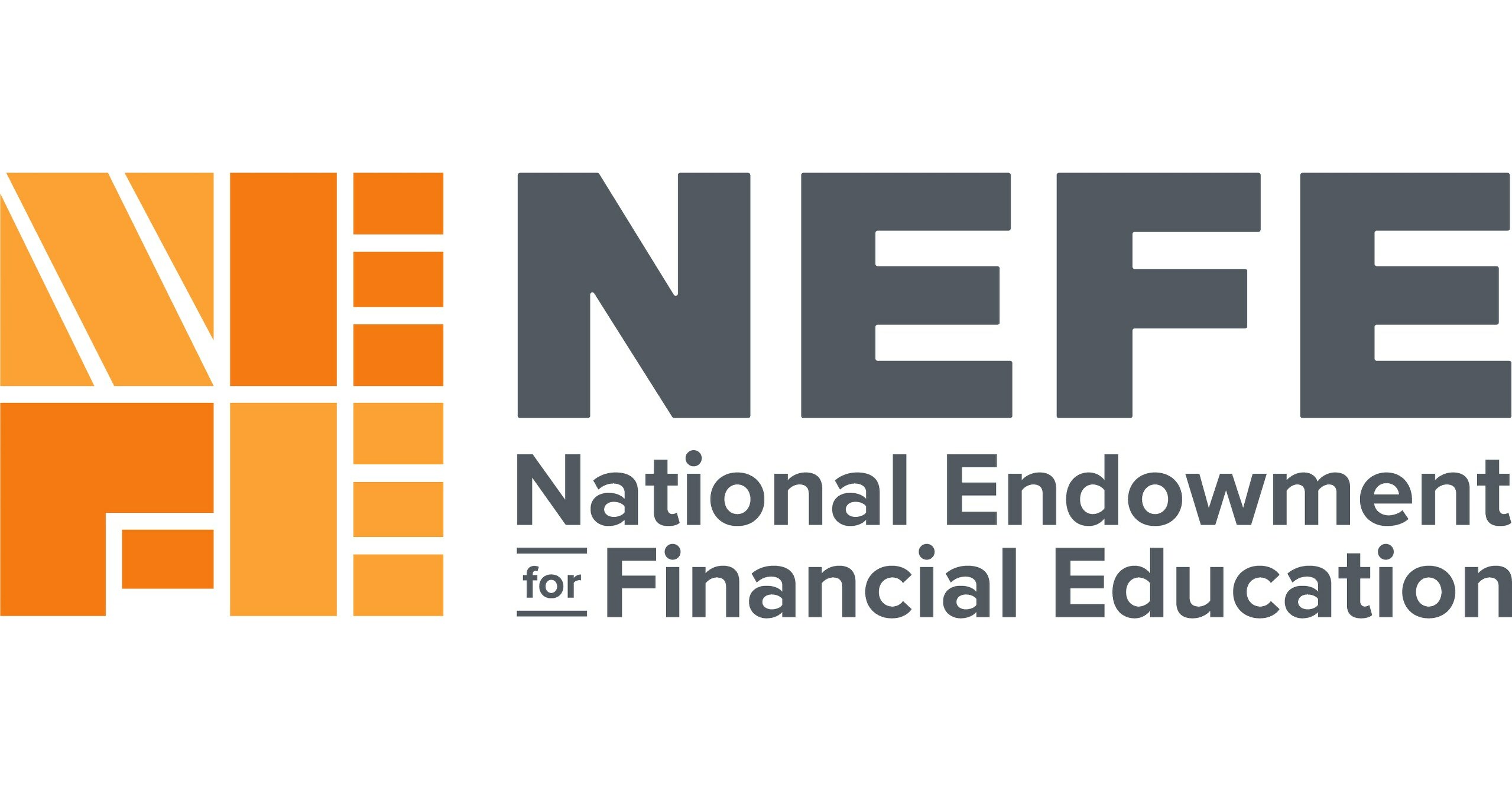Money Impacts Student Health: Here’s How UNLV Is Tackling the Problem Through Financial Literacy

These days, young people face big money choices with lifelong consequences: student loans, credit cards, and saving for the future. But many arrive at college without the tools to manage credit, debt, or even a basic budget. This is not just a financial problem, it’s a public health issue — and a roadblock to student success.
According to the American Psychological Association, money ranks as the top source of stress for U.S. adults, above work, health, or relationships. That pressure lands hard on students, too. Money troubles can lead to sleepless nights, skipped doctor visits, delayed graduations, and even dropout decisions.
That’s what pushed UNLV to act. In the fall of 2023, the university launched FIN 111, a personal finance course with just over 200 students. Less than two years later, nearly 1,300 had signed up — a 374 percent jump. With more than 40 sections running annually, UNLV now offers one of the largest financial literacy course programs in the country.
With no prerequisites, FIN 111 is open to anyone, including community members who enroll as non-degree-seeking students.
In class, students work through real financial choices: how to handle credit cards, set aside savings, understand loans, and map out long-term goals. The point is simple — help students feel less stressed, more confident, and ready to use what they’ve learned.
The instructors are industry professionals — many from from banking and financial advising — who share stories, answer tough questions, and connect academic lessons to the realities students will face after graduation.
Professor Daniel Chi, chair of the Department of Finance at Lee Business School, said well-being rests on three pillars: physical health, mental health, and financial health. “This course really speaks to the holistic well-being of younger generations,” he said. “And it’s changing students’ lives.”
And the stakes are high: Nationally, nearly 70% of college seniors graduate with student debt, averaging about $25,670 — financial pressure that follows them long after graduation.
Leading the Way in Financial Literacy Research Efforts
UNLV’s work goes beyond the classroom. Through a multi-campus research project, the university and its partners are studying how personal finance courses influence student health, academic success, and behavior. The study, “The Impact of College Personal Finance Education,” is among the largest of its kind and is designed to generate clear evidence that can shape curriculum, student services, and policy across higher education.
Stanford, Cal State Fullerton, and Cal State Northridge are partners, but UNLV contributes the largest pool of student data. That makes the university not just a participant but a driver of the research effort — the campus others will look to when the results come in. The findings could eventually push financial literacy into the core of college education, on the same level as writing or critical thinking.
“Financial knowledge isn’t about balancing a checkbook,” said Annamaria Lusardi, the project’s lead investigator and the world’s leading researcher on financial literacy, in a LinkedIn post. “It’s about equipping people with the tools to apply basic principles of economics and finance in their everyday decision-making, enabling them to make sound choices.”
UNLV Brings Programming to Local Schools
UNLV also partners with local schools and community leaders to teach financial skills earlier, so kids start building confidence with money long before college begins.
Through the Rebel College Accelerator program, UNLV offers FIN 111 as a dual-credit course to Clark County School District students. The class not only fulfills Nevada’s state requirement for financial literacy in high school, but also satisfies UNLV’s general education requirement for critical and analytical thinking.
CCSD teachers go through a UNLV-led training program, stay connected with faculty mentors through quarterly meetings, and then bring the curriculum directly into their classrooms. The first pilot launched at Clark High School in fall 2023 with just eight students. By the 2024-25 academic year, enrollment had grown to 61.
This fall, Clark’s Academy of Finance magnet program will take the lead, offering both FIN 111 and its next-level counterpart, FIN 112: Achieving Financial Success, which introduces students to investing. Total enrollment at Clark this semester is 49, with the largest group — 23 students — in the Academy of Finance section.
“Financial literacy education is so important because it can absolutely improve people’s lives,” said Darwin L. Hopwood, lecturer and commercial banking fellow at Lee Business School.
Through its fast-growing course, its leadership in national research, and its outreach to the community, UNLV’s finance department is setting new standards for financial education.
link





